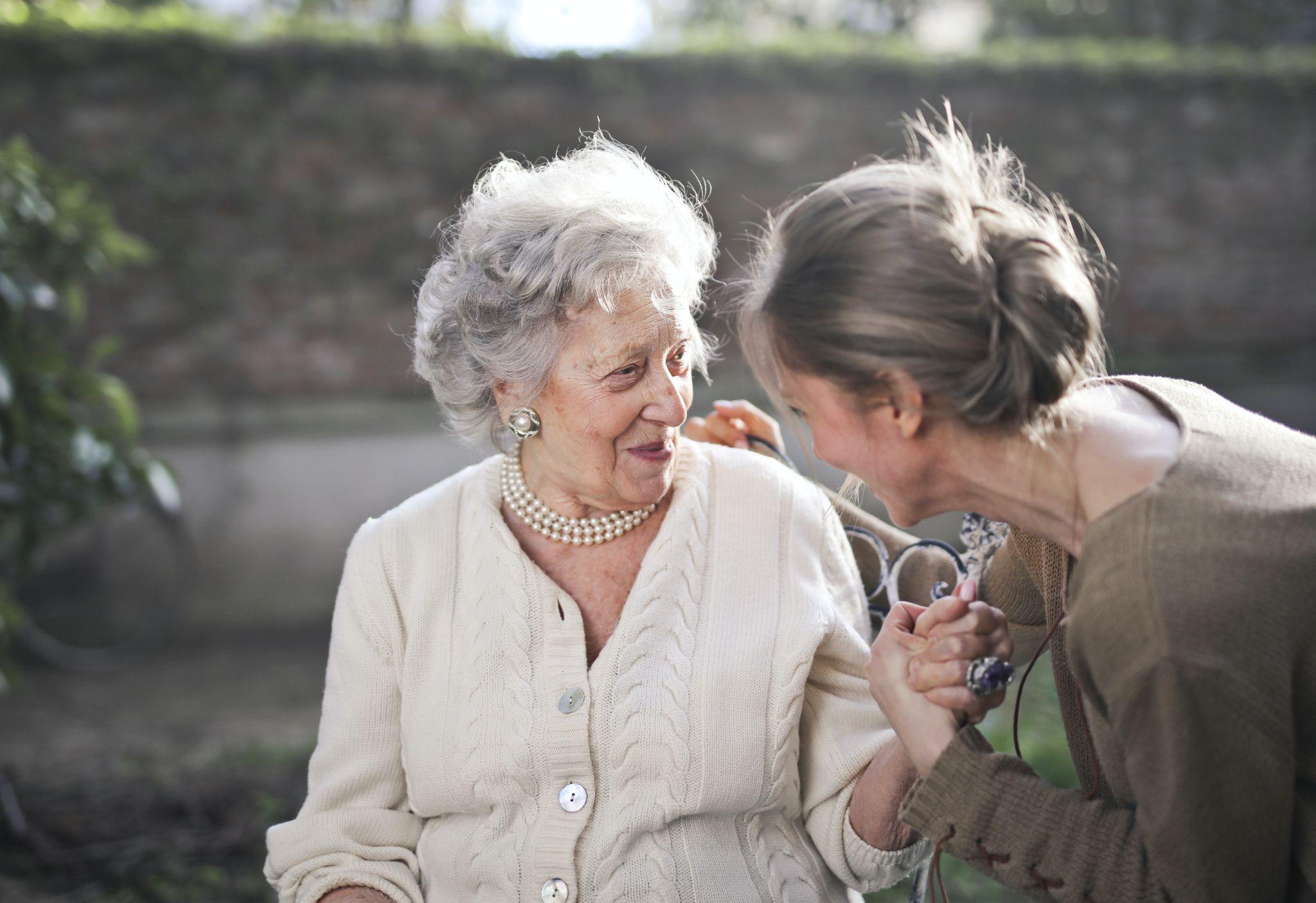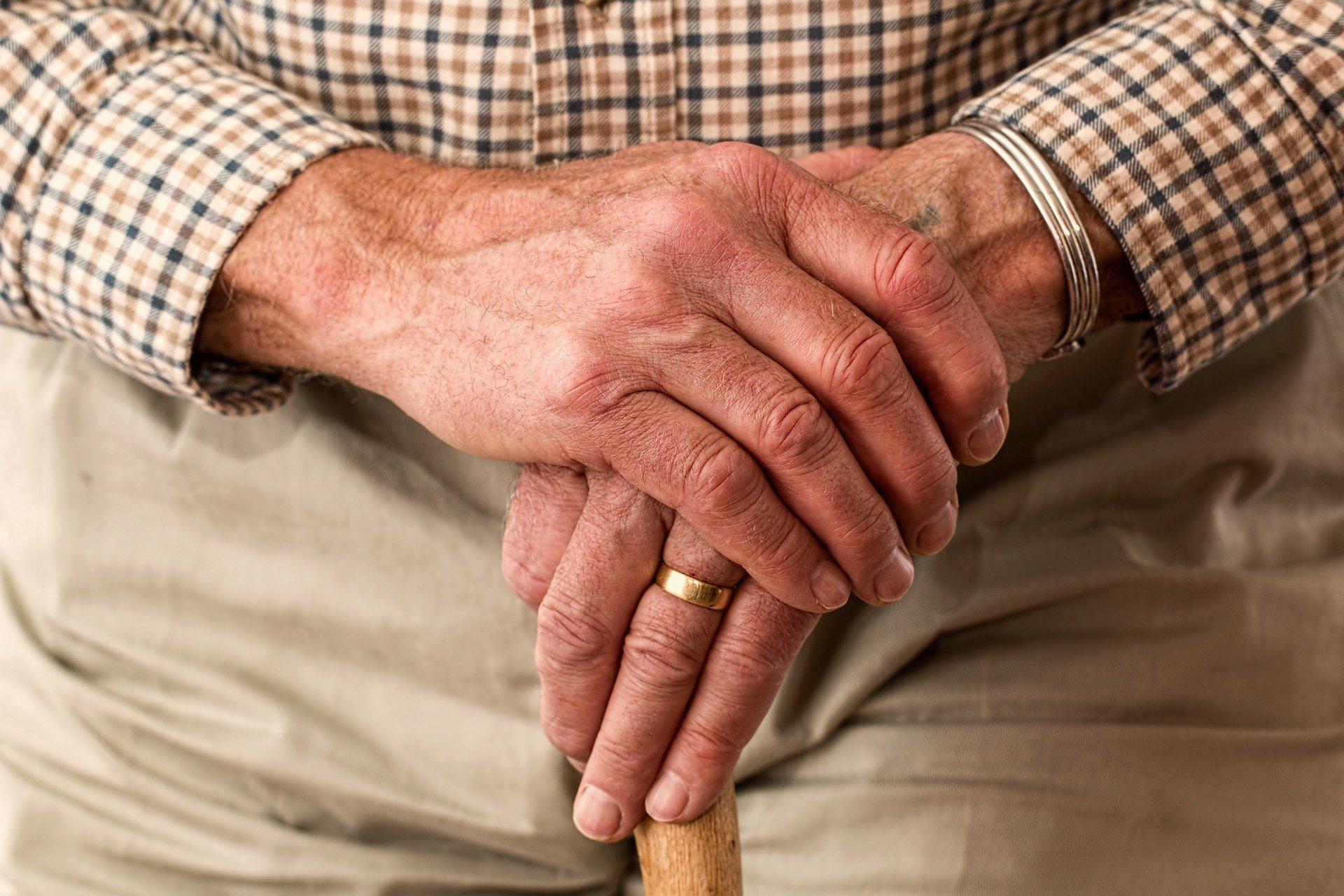There are many benefits of physical therapy for seniors. Research has found that physical therapy may be key to a better quality of life for seniors with Parkinson’s disease.

Having a senior loved one diagnosed with Parkinson’s raises many questions. How will this affect their quality of life? What can you do to make daily living less of a chore? Are there any treatment options available to mitigate the symptoms of Parkinson’s? One solution is to look into physical therapy.
Parkinson’s is a neurological condition. It’s a progressive disease, which means that symptoms may become more severe as your loved one ages. Common symptoms include shaking, slow movements, rigid muscles, changes in speech and handwriting, trouble with balance and posture, and the loss of automatic movements such as blinking or smiling.
Beginning physical therapy as soon as possible after diagnosis may help to slow down this progression and give your loved one a greater level of wellness.
Why Physical Therapy for Parkinson’s?
Seniors with Parkinson’s have been shown to benefit immensely from physical therapy. As a whole, physical therapy is geared toward building strength and improving flexibility, both of which decline in Parkinson’s patients. Overall, the goal of physical therapy is to improve mobility, something that both seniors and seniors with Parkinson’s may struggle with as they age.
Physical therapy focuses on building strength that will make movement easier, whether it’s walking, buttoning a shirt, or speaking. With the help of a certified physical therapist, seniors can get targeted care based on their specific struggles and stage of Parkinson’s.
The Many Forms of Physical Therapy for Parkinson’s
Because Parkinson’s can affect so many different parts of the body in different ways, physical therapy for Parkinson’s typically takes a multi-faceted approach.
For example, Unified Therapies in Asheville has built a program around physical therapy for Parkinson’s that addresses various functions such as movement, speech, and daily tasks. This includes the use of LSVT BIG, a common therapy that emphasizes large movements and motor skills. Their program addresses many of the major challenges that seniors with Parkinson’s face, including the risk of falls, the ability to walk and stand (with or without a device or assistance), and general coordination.
For example, their innovative boxing program helps to improve target coordination and recall. Occupational therapy plays a crucial role in helping seniors maintain the ability to perform daily tasks like dressing.
Speech therapy is also in Unified Therapies’ toolkit, which addresses speech and cognitive impairments related to dysarthria (a weakness in speech muscles that results in slow or slurred speech) and dysphagia (difficulty swallowing). Speech therapy can improve both of these common Parkinson’s symptoms by focusing on muscle strength and voice volume. Dysphagia can often lead to malnutrition in Parkinson’s patients, so it’s important to address any signs of trouble swallowing as soon as possible.
Physical Therapy is Physical Activity
Physical therapy is a great option for seniors with Parkinson’s. It encourages an active lifestyle, something that will become more difficult as Parkinson’s progresses. However, studies show that exercise has a neuroprotective effect and may protect neurons from damage, thus slowing their decline.
Since there is no cure for Parkinson’s, patients must seek out other ways to manage and mitigate their physical and emotional symptoms. Physical therapy is one avenue worth exploring, allowing seniors to live life as usual for longer.
For more senior care insights, head back to our blog.
Sources
https://www.lsvtglobal.com/LSVTBig
https://www.unifiedtherapies.com/list-of-nds
https://www.apdaparkinson.org/resources-support/living-with-parkinsons-disease/physical-therapy/
https://www.parkinson.org/Understanding-Parkinsons/Treatment/Exercise

 Source
Source